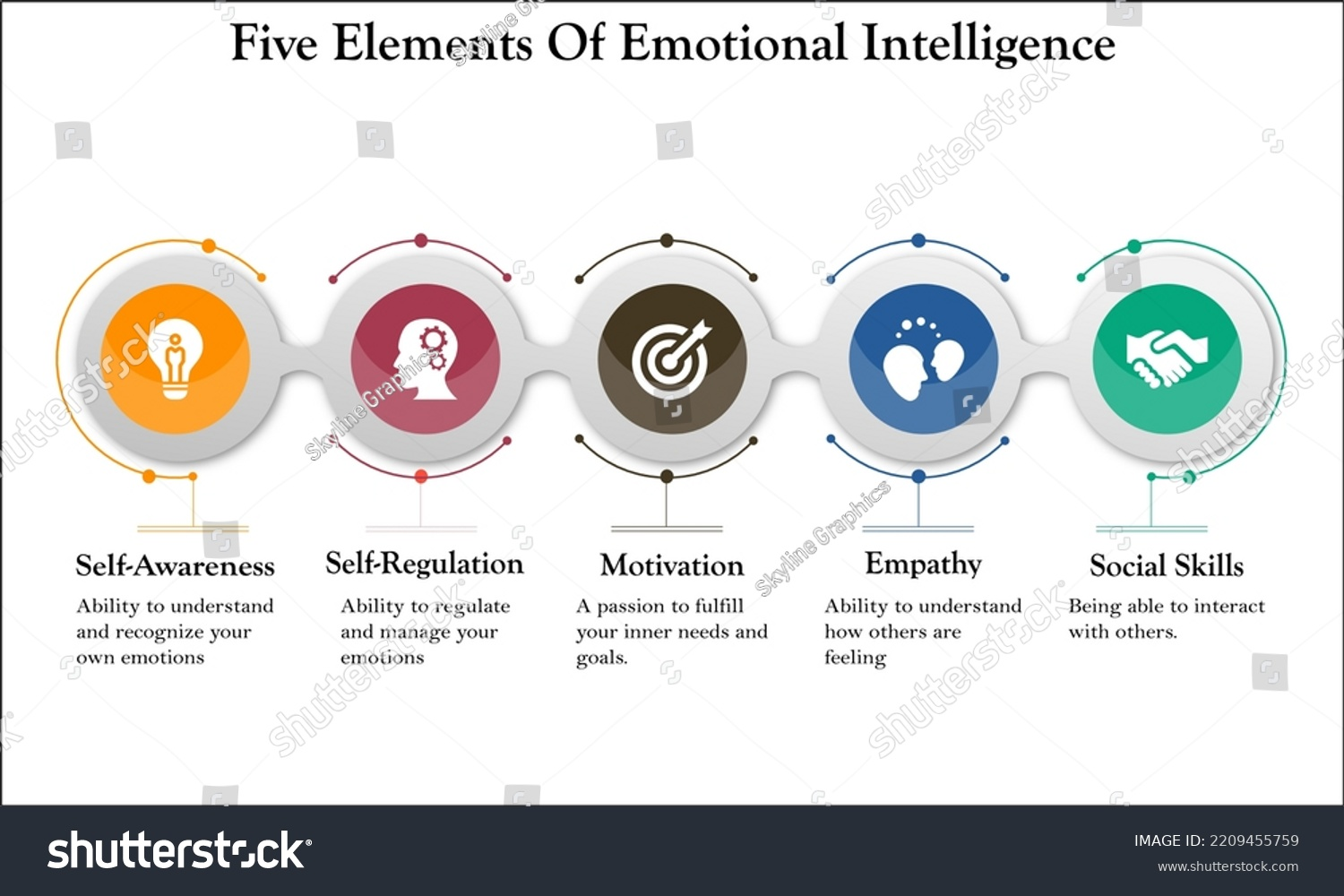Business ethics strategies are essential for fostering ethical decision-making within organizations. In a rapidly changing business landscape, leaders are often faced with complex decision-making scenarios that challenge their integrity and corporate responsibility. Joseph Badaracco, an influential figure in business ethics education, emphasizes the importance of understanding ethical dilemmas through a nuanced lens. He argues that today’s executives must navigate legal gray areas while upholding ethical leadership standards to maintain trust and accountability. By implementing robust business ethics strategies, companies can mitigate risks and transform ethical challenges into opportunities for growth.
Navigating the intricate landscape of corporate responsibility requires a solid foundation in responsible business practices. The integration of moral decision-making frameworks into business operations enables organizations to address ethical dilemmas effectively. Leaders are increasingly recognizing that the path to success is paved not just through profit margins but through cultivating a culture of ethical conduct. As the field evolves, the emphasis on fostering ethical corporate leadership becomes paramount, ensuring decision-makers are equipped to handle the multifaceted challenges of modern business environments.
Understanding Business Ethics in a Complex World
Business ethics has evolved significantly over the past few decades, particularly as it now intertwines deeply with globalization and technological advancement. The rise of the internet and artificial intelligence has introduced a myriad of ethical dilemmas that businesses must navigate. Today’s executives face unique challenges that require an understanding of ethical leadership and ethical decision-making frameworks. Rather than relying solely on traditional philosophical theories, business leaders are encouraged to analyze situations from a multifaceted perspective, integrating practical implications with ethical considerations.
As Joseph Badaracco notes, the ethical landscape businesses operate in is no longer black and white. Multiple stakeholders, from customers to regulatory bodies, now play pivotal roles in dictating how ethical dilemmas should be approached. This necessitates a comprehensive understanding of varied perspectives and the impact decisions have on different groups. Therefore, contemporary business ethics education must equip leaders to think critically and navigate these complexities effectively.
Key Strategies for Ethical Decision-Making
To make sound ethical decisions in challenging circumstances, business leaders should adopt certain strategies that promote a well-rounded approach to decision-making. One critical strategy is to embrace a pause-and-reflect mindset. Taking a moment to consider the implications of potential decisions can help avoid hasty choices that could lead to ethical slip-ups or legal issues. This reflective practice encourages leaders to assess their central responsibilities and what truly matters in the situation at hand, thus aligning decisions with ethical standards while also considering practical outcomes.
Furthermore, engaging diverse perspectives in the decision-making process can significantly reduce the risk of cognitive biases influencing outcomes. By consulting with colleagues and leveraging the insights of others, leaders can garner a broader understanding of the complex landscape surrounding a decision. This collective approach not only fosters ethical leadership but also emphasizes accountability, ensuring that decisions are both sound and just.
The Role of Reflective Practice in Business Ethics Education
Reflective practice is a cornerstone of effective business ethics education, allowing individuals to contemplate their values and the ramifications of their decisions. By encouraging students and professionals to engage in self-reflection, business ethics courses can help cultivate a mindset that prioritizes ethical considerations when making complex decisions. Joseph Badaracco’s insights on reflection highlight that incorporating activities such as discussions with mentors or solitary contemplation can foster clarity and ethical understanding in uncertain situations.
Integrating reflective practices into the curriculum can empower future leaders to approach ethical dilemmas thoughtfully, enhancing their ability to discern right from wrong amid ambiguity. The emphasis on personal reflection not only aids in ethical decision-making but also prepares individuals for the realities of working within environments where stakeholder pressures and ethical challenges abound.
Navigating Ethical Gray Areas
In today’s business landscape, leaders frequently encounter ethical gray areas where the right course of action is not immediately apparent. Understanding that ethical dilemmas can fall along a spectrum of responsibilities is crucial for making informed decisions. Joseph Badaracco aptly describes how some ethical questions are distinctly black-and-white, while others require nuanced judgment based on context and stakeholder interests. Recognizing this complexity helps business professionals approach such dilemmas with the appropriate consideration.
To navigate these gray areas effectively, decision-makers should practice critical thinking and ethical reasoning. This involves careful analysis of facts, consideration of potential impacts, and a commitment to transparency. By employing these strategies, leaders can foster an environment where ethical integrity is valued and promoted, ultimately steering their organizations away from pitfalls associated with unethical behavior.
The Importance of Ethical Leadership
Ethical leadership is essential in shaping the moral compass of organizations and fostering an environment where ethical decision-making can thrive. Business leaders play a pivotal role in modeling values and behaviors that prioritize ethics in the workplace. The influence of a strong ethical leader can inspire employees to make decisions that align with organizational values, reduce instances of misconduct, and enhance overall corporate culture.
Furthermore, fostering a culture of ethical behavior also contributes to building trust among stakeholders. When leaders prioritize transparency and accountability, organizations can mitigate risks associated with unethical conduct. Leaders who embrace ethical principles as a foundation for their decision-making processes not only protect their companies from potential legal consequences but also promote a positive social impact that resonates within their communities.
The Changing Landscape of Business Ethics
The definition and understanding of business ethics have undergone significant changes as companies navigate an increasingly complex global market. With technological advancements and shifting social expectations, organizations face diverse ethical challenges that necessitate updated frameworks for ethical decision-making. For instance, the rise of artificial intelligence has introduced dilemmas related to employee privacy and accountability in decision processes. Awareness of these evolving issues is critical for contemporary business leaders.
Educating emerging leaders about the nuanced nature of business ethics is essential for preparing them to tackle these challenges. By incorporating case studies and discussions on current events, such as high-profile corporate scandals and their repercussions, educators can provide insights into how ethical considerations have moved beyond traditional boundaries. This, in turn, emphasizes the importance of adaptability in ethical leadership and strategic planning.
Preparing for Ethical Challenges in Business
For business leaders, preparing for ethical challenges requires a proactive approach that embraces the unpredictability of the corporate world. Developing business ethics strategies that integrate ethical decision-making frameworks into day-to-day operations can help organizations remain resilient in the face of controversy or complicated dilemmas. Training programs should focus on cultivating skills that allow leaders to assess situations critically, considering both ethical and practical implications alongside stakeholder interests.
In addition, organizations must foster an environment that encourages dialogue and inquiry when faced with ethical predicaments. Creating forums where employees feel comfortable discussing ethical concerns can lead to more well-rounded decision-making processes. Overall, a strong ethical foundation enables companies to navigate evolving challenges with integrity and foresight.
Legal Implications of Ethical Decision-Making
Understanding the legal implications of ethical decision-making is vital for business leaders as they navigate the intersection of ethics and law. Many ethical dilemmas arise within legal gray areas, requiring managers to reconcile potential legal obligations with moral responsibilities to their stakeholders. A failure to do so not only risks legal repercussions but also jeopardizes organizational integrity and public trust.
Business leaders must recognize that legal compliance must not be the sole barometer for ethical behavior. By fostering a culture where ethical considerations are prioritized alongside legal requirements, organizations can establish a framework that upholds integrity and creates a positive impact within their respective industries. This balance between ethics and law is essential for fostering sustainable and responsible business practices.
The Future of Business Ethics Education
Looking ahead, the future of business ethics education is likely to continue evolving, incorporating diverse perspectives and real-world applications. As global challenges emerge, academic institutions and corporations alike must adapt their approaches to ensure that the leaders of tomorrow are fully equipped to handle complex ethical dilemmas. Focusing on real-world scenarios and ethical leadership can foster the essential skills required to navigate these challenges effectively.
Moreover, integrating technology into business ethics education can enhance learning experiences. This might involve simulations, interactive case studies, and technological tools that encourage critical thinking and ethical reasoning. Preparing future leaders through innovative means is essential for ensuring that they possess the skills necessary to face the rapidly changing ethical landscape in business.
Frequently Asked Questions
What are effective business ethics strategies for ethical decision-making?
Effective business ethics strategies for ethical decision-making include establishing clear values, promoting ethical leadership, and engaging in business ethics education. These approaches help create a culture where complex decision-making is approached with integrity, ensuring decisions align with both ethical standards and business goals.
How does Joseph Badaracco’s perspective influence business ethics education?
Joseph Badaracco’s approach to business ethics education emphasizes the importance of situational analysis and reflective decision-making. By focusing on complex scenarios rather than rigid moral philosophies, he encourages future leaders to consider ethical implications in their decision-making processes.
Why is understanding complex decision-making crucial to business ethics strategies?
Understanding complex decision-making is crucial to business ethics strategies because ethical dilemmas often involve gray areas where rules may not be clear. By comprehensively analyzing various stakeholders and potential impacts, business leaders can navigate these challenges effectively and make responsible, ethical choices.
What role does ethical leadership play in implementing business ethics strategies?
Ethical leadership plays a vital role in implementing business ethics strategies as it sets the tone for the organization. Leaders who prioritize ethical decision-making inspire their teams to uphold similar standards, fostering a workplace culture that values integrity and responsibility.
How can businesses reflect on their ethical decision-making practices?
Businesses can reflect on their ethical decision-making practices by encouraging open discussions among employees, utilizing frameworks to analyze past decisions, and implementing regular training sessions focused on ethical leadership and complex decision-making. This reflection promotes continual improvement in business ethics strategies.
| Key Point | Details |
|---|---|
| Current Ethical Landscape | Business ethics are increasingly complex, influenced by globalization and technology. |
| Accountability Complexity | Business leaders face multifaceted accountability due to stakeholder relationships that require them to consider a variety of viewpoints. |
| Decision-Making Strategies | Keys to sound decision-making include reflection, consultation, and considering what really matters in each situation. |
| Spectrum of Judgments | Decisions often fall along a spectrum and are influenced by personal judgement rather than strict rules. |
| Reflection Importance | Regular reflection helps clarify values and improve decision-making amid external pressures. |
Summary
Business ethics strategies are essential for navigating the complexities of today’s corporate environments. As we have seen, the rapid pace of change in technology and global relations calls for a thoughtful, reflective approach to ethical decision-making. Leaders must not only know the rules but also understand their broader responsibilities towards stakeholders and society. By developing structured strategies for evaluating ethical dilemmas, engaging in open discussions, and fostering an environment of reflection, businesses can create a resilient ethical framework that minimizes risks and promotes integrity.



